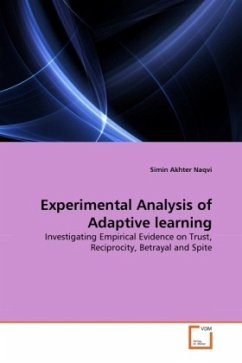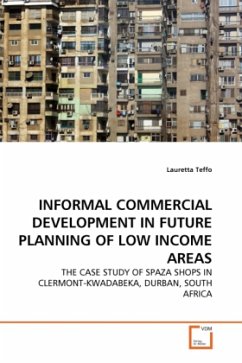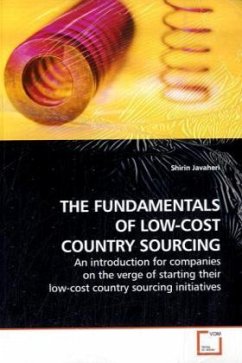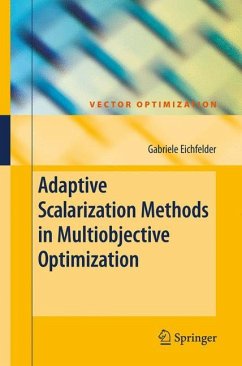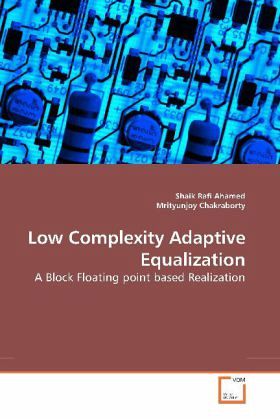
Low Complexity Adaptive Equalization
A Block Floating point based Realization
Versandkostenfrei!
Versandfertig in 6-10 Tagen
39,99 €
inkl. MwSt.

PAYBACK Punkte
20 °P sammeln!
Often the adaptive decision feedback equalizer (ADFE) is required to process signals that vary rapidly over a wide range due to effects like fading. The floating point (FP) system is the ideal data format to represent such input, but its accompanying high processing complexity and cost render its usage rather restrictive. The block floating point (BFP) data format ia a viable alternative for the realization of such systems, requiring much less processing time than the FP based realization at a moderately low processor complexity and cost. Under this scheme, the incoming data is partitioned int...
Often the adaptive decision feedback equalizer (ADFE) is required to process signals that vary rapidly over a wide range due to effects like fading. The floating point (FP) system is the ideal data format to represent such input, but its accompanying high processing complexity and cost render its usage rather restrictive. The block floating point (BFP) data format ia a viable alternative for the realization of such systems, requiring much less processing time than the FP based realization at a moderately low processor complexity and cost. Under this scheme, the incoming data is partitioned into non-overlapping blocks and based on the data sample with the highest magnitude in each block, a common exponent is assigned for the block. This permits overall FP like representation of the data, with fixed point like computation within every block.




